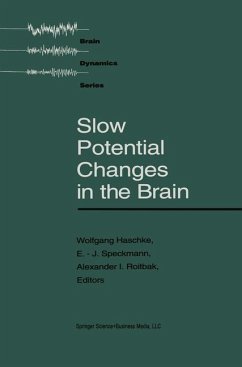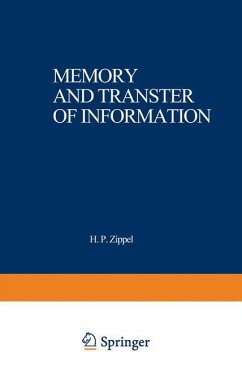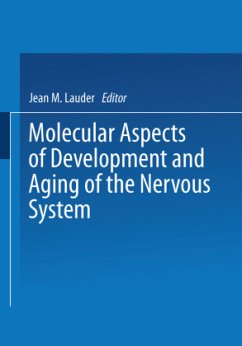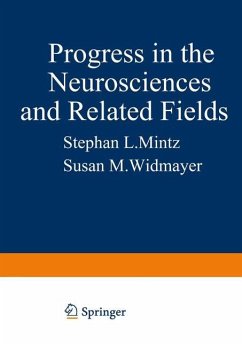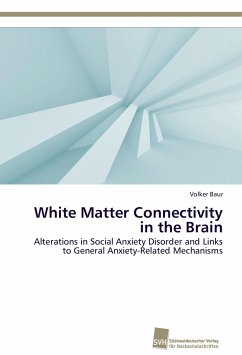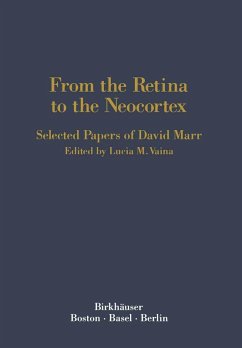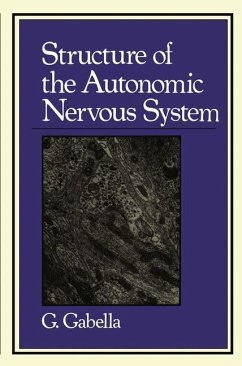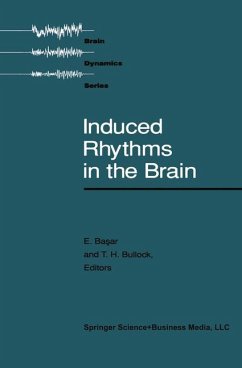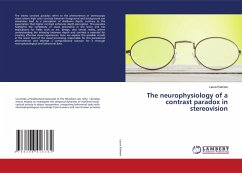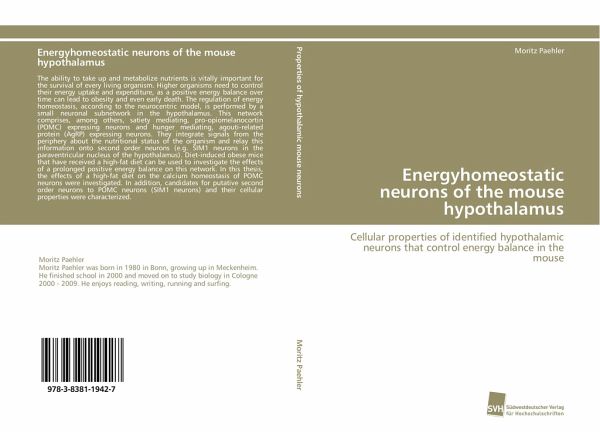
Energyhomeostatic neurons of the mouse hypothalamus
Cellular properties of identified hypothalamic neurons that control energy balance in the mouse
Versandkostenfrei!
Versandfertig in 6-10 Tagen
69,90 €
inkl. MwSt.

PAYBACK Punkte
0 °P sammeln!
The ability to take up and metabolize nutrients is vitally important for the survival of every living organism. Higher organisms need to control their energy uptake and expenditure, as a positive energy balance over time can lead to obesity and even early death. The regulation of energy homeostasis, according to the neurocentric model, is performed by a small neuronal subnetwork in the hypothalamus. This network comprises, among others, satiety mediating, pro-opiomelanocortin (POMC) expressing neurons and hunger mediating, agouti-related protein (AgRP) expressing neurons. They integrate signal...
The ability to take up and metabolize nutrients is vitally important for the survival of every living organism. Higher organisms need to control their energy uptake and expenditure, as a positive energy balance over time can lead to obesity and even early death. The regulation of energy homeostasis, according to the neurocentric model, is performed by a small neuronal subnetwork in the hypothalamus. This network comprises, among others, satiety mediating, pro-opiomelanocortin (POMC) expressing neurons and hunger mediating, agouti-related protein (AgRP) expressing neurons. They integrate signals from the periphery about the nutritional status of the organism and relay this information onto second order neurons (e.g. SIM1 neurons in the paraventricular nucleus of the hypothalamus). Diet-induced obese mice that have received a high-fat diet can be used to investigate the effects of a prolonged positive energy balance on this network. In this thesis, the effects of a high-fat diet onthe calcium homeostasis of POMC neurons were investigated. In addition, candidates for putative second order neurons to POMC neurons (SIM1 neurons) and their cellular properties were characterized.



